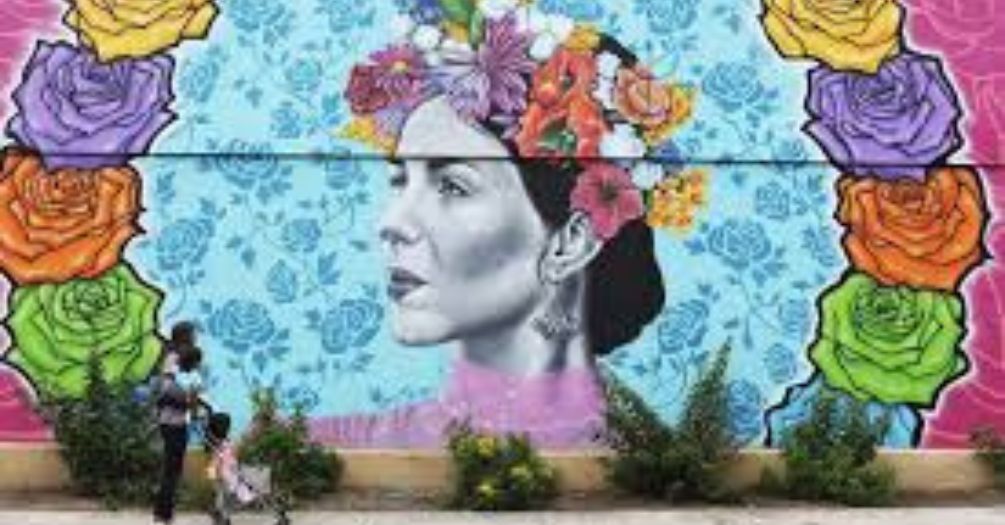Learning From the Community

Moriah Ma
Senior in the Undergraduate School of Public Health
I pace back and forth in the conference room of Neighborhood Place, a local community center in San Antonio. Although the room is cool, I’m sweating through my linen dress.
What will they think of us students? My head swirls with questions.
My teammates and I hurriedly pick up and move the tables to form a square arrangement, so everyone is facing each other. Arial, one of our partners at South Central Area Health Education Center, holds a platter of sandwiches and places them on one of the tables. The team looks at each other and quickly affirms. Ready? Ready.
In the span of the first ten or so minutes, local promotoras of the San Antonio community file in. They start to find open spots in the tables. Some appear to be gray-haired grandmas while others seem to be earlier on in their community health worker tenures. One of the older promotoras lights up when she sees old friends enter the room. They greet each other with hugs and hurried conversations in Spanish. Their smiles and warmth radiate off their embraces.
Sitting in the air-conditioned room, I look around at the eager faces of the community health workers and members of my team.
My racing heart starts to slow, and any nervous tension in the room evaporates.
Juan opens up with an introduction of the purpose of our focus group.
Izzy and Bridget open up the conversation with questions about asthma’s effect on the local community.
The discussion starts to flow. They recount times they or their family around them has suffered from asthma. They talk about their own confusion about the chronic status of asthma.
One woman’s voice starts to shake as she opens up about her family’s experience. Her doctor told her that asthma was genetic and that all her kids had it. We flowed into conversations about barriers to getting asthma care and the lack of knowledge surrounding how to care for someone undergoing an asthma attack.
Each time a promotora reflected, it sparked energetic conversation from the others. We learned more about the ways asthma was a public health problem. Some CHWs did home visits and saw mold and pests. Some saw construction workers drilling with tools while dust flew around wildly.
The conversation starts to die down. We look around. Any final comments or concerns? People shake their heads. The promotoras, women integrated into the fabric of their community, are the grandmothers and mothers of their San Antonio family. Their work inspires me as a public health professional and puts faces to the cause of public health: those who work tirelessly, sometimes overlooked, to improve the health of all in their community.
